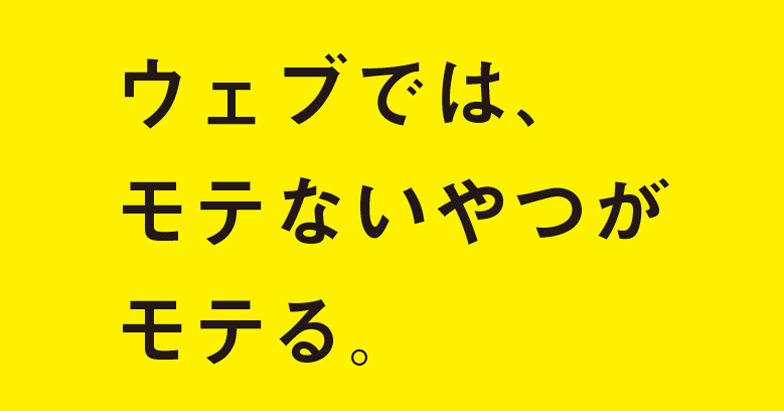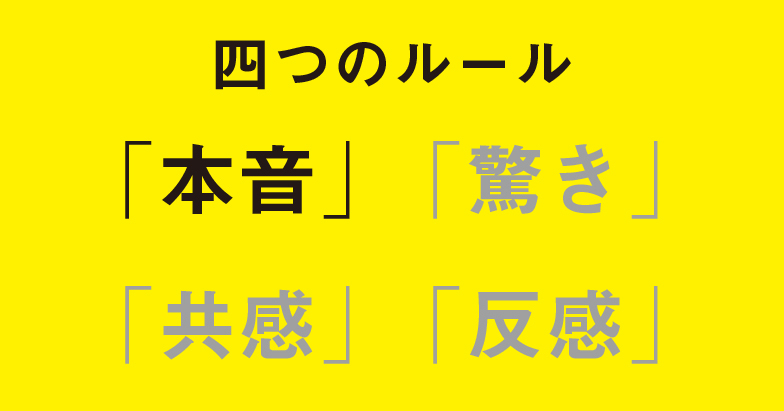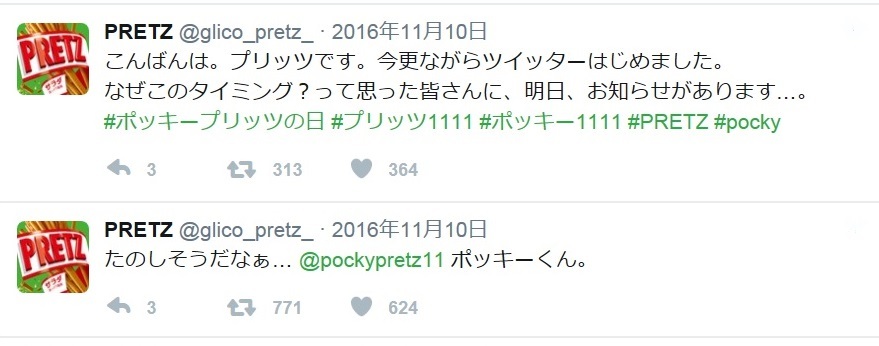
Hello, I'm Yukio Hashiguchi. This series introduces content from my book , "Copy That Gets Shared a Million Times." Last time, I explained that copy shared online can be categorized into four types: "Genuine Feelings," "Surprise," "Empathy," and "Resentment." This time, I'd like to focus on "Genuine Feelings."
Here's a question: What do you think social media is? If you thought it was "a place where ordinary people can share their authentic, unfiltered thoughts"... unfortunately, that's incorrect. Take another look at your Facebook or Instagram timeline.
Selfies taken at the most flattering angle.
Delicious-looking food.
High-energy parties.
Adorable babies and small animals.
Far from being authentic, it's more like a utopian fantasy world unfolding before your eyes. To put it bluntly, I think the real purpose of social media for most people is to project a "false image" of how they want the world to see them, all under the guise of sharing their "true feelings."
But the flood of posts screaming "I want likes!", "I want shares!", "I just want to be popular!" is exhausting for those who see it. In that environment, adopting an attitude like "Nah, I'm not really that popular..." actually boosts your likability.
This is Rule #1: "Honest Feelings." Let me illustrate with a specific example from a project I handled.
It's tough.
November 11th is Pocky Day.
Actually, it's Pocky & Pretz Day.
Every year, November 11th is known as "Pocky Day." Countless official and unofficial events flood timelines with Pocky-themed content. But November 11th isn't actually "Pocky Day." Officially, it's "Pocky & Pretz Day."
Amidst this, Pretz placed a newspaper ad in the morning edition on November 11, 2016. The catchphrase was "It's tough." The punchline: "November 11th is Pocky Day. No, it's Pocky & Pretz Day."
It became a huge topic on social media immediately after publication.
"What an awesome newspaper ad lol"
"I couldn't help but buy Pretz!"
"Don't lose, Pretz!"
Many supportive tweets like these were posted.
On the same day, when the official Pretz Twitter account shared a photo of the newspaper ad, it garnered 70,000 retweets and 77,000 likes!
They also posted many other tweets revealing their "true feelings." This also became a hot topic.
No matter how much you might want to be popular in everyday life, you wouldn't shamelessly flaunt your strengths, right? (Unless you're exceptionally good-looking or wealthy, I don't know...) No matter how impressive your specs are, people who boast about them outright aren't popular—they tend to be disliked. Isn't it rather the glimpses of their true selves that draw people in?
The same applies to advertising. Traditionally, ads find a product's strengths and promote them. But online, the stronger the passion for the product, the more likely it is to be resented. Don't try too hard; relax, and share your "true feelings." I believe this approach ultimately communicates the product's merits.
Next time, we'll cover Rule #2: "Surprise."










